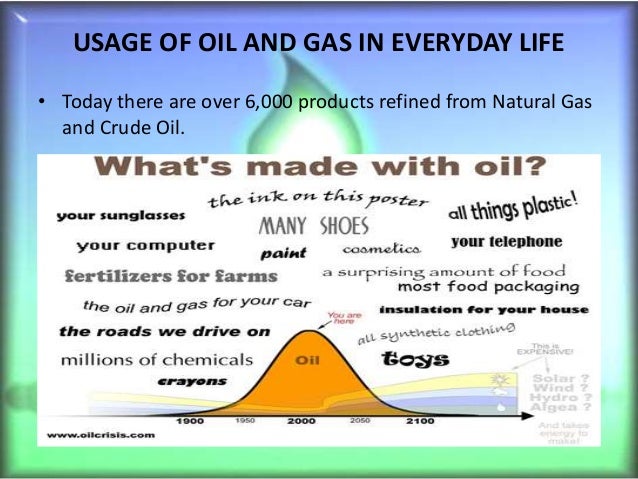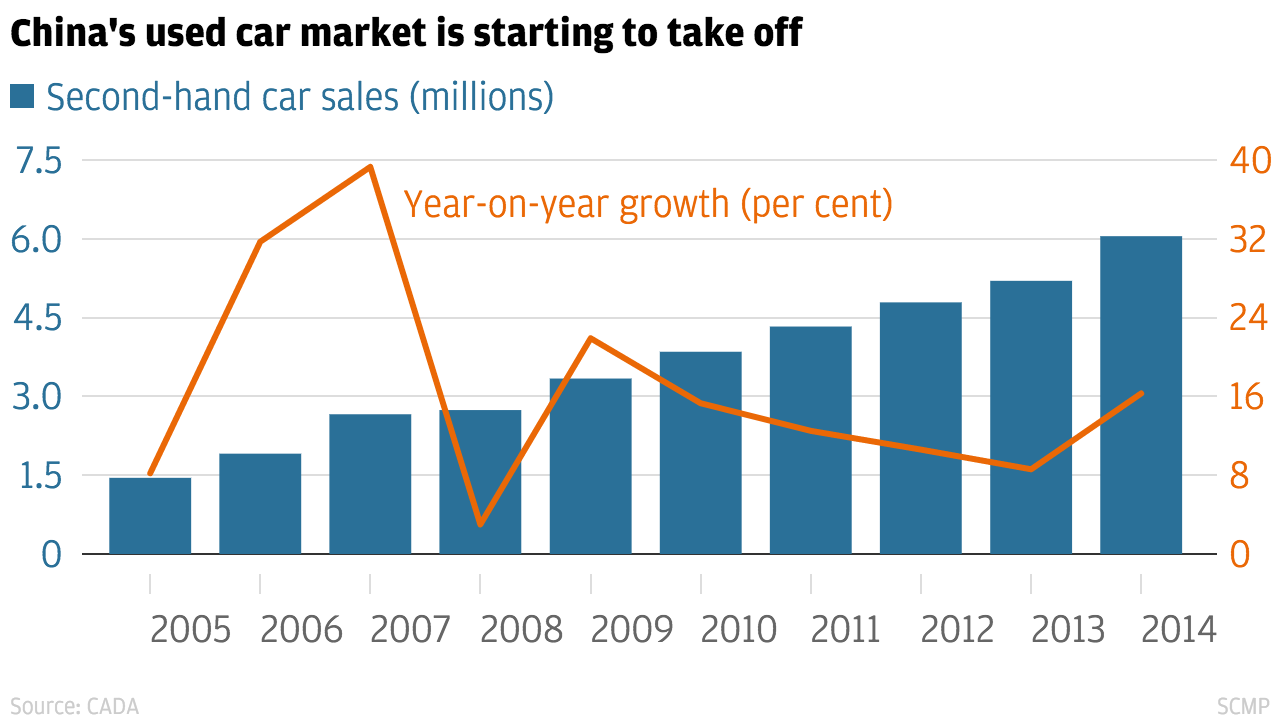
Image source: https://image.slidesharecdn.com/oilandgasindustryppt-150120073017-conversion-gate01/95/oil-and-gas-industry-ppt-4-638.jpg?cb=1421739170
CMCs (Ceramic matrix composites), are manufactured by embedding fibers of a strengthening matter infrequently called a ceramic matrix. These constituents do not appear like in the slightest degree brittle. The properties of a thermal conductivity ceramic rely not in basic phrases on the constituents from which it is manufactured despite this furthermore on its crystalline shape. Diamond is challenging and powerful for the ones that bear in intellect that every one of its carbon atoms are bonded tightly to either other.
Useful Properties of ceramics Material:
Ceramics are most valid infrequently called fragile solids mainly proper for bearing over the tip temperatures. The selection constituents used in manufacturing of ceramic portions provide them a excellent sized latitude of properties. The common properties of ceramics incorporate strength, robustness, fragility, over the tip thermal and electrical resistance. They even have an capability to bear the dangerous results of oxygen, acids and additional chemical elements brought on by their inertness. However not every individual ceramic behaves in an precise approach. For instance, graphite conducts electrical energy slightly nicely and is a solely cushy ceramic; however diamond is lovely conductor of warm temperature. Ferrites are mostly incredible conductors of electrical energy and their superconductors have approximately no electrical resistance.
The most compulsory classes of civilization, reminiscent of the Bronze Age and Stone Age have been named after the constituents that subjugated them. It seems marvelous that there hasn't ever been a Ceramic Age. However or not it's going not to be incorrect to mention that elegant age is as this form of lot a ceramics age as any other. Previously, Ceramics referred solely to pottery and articles made by heating constituents obtained from Earths crust. Nowadays, the detect Ceramic has a this form of lot wider description. Ceramics are ordinarily infrequently called nonmetallic and inorganic solids with a latitude of priceless properties. These properties come with very over the tip strength & hardness, very over the tip melting problems, thermal insulation and incredible electrical properties.
Ceramic- Most Commonly Used Material in Daily Life
Specialized machines are used in processes reminiscent of jiggering (laying the fabric as temporarily as again and as temporarily as again into a revolving mold), Extrusion (forcing a textile into decide out by squeezing it like toothpaste in the time of a formed device) or hot urgent (forcing a powdered volume of the ceramic into a mold then heating it and urgent it to fuse the fabric into form). Therefore, the silicon powder occupies the same volume as the comprehensive product. The minute grains of silicon nitride is additionally formed by fusing the powder tightly.
Earlier ceramics have been made by conventional perspective of Firing. Ceramic detect is additionally traced lessen back to a Sanskrit detect needing to burn. Common ceramics reminiscent of bricks and glasses are nonetheless made by historical strategies. Just like historical occasions, this day's pottery is additionally made by digging clay from the flooring after which blending it with water to make it supple and elastic. They are formed in the center of via a wheel or a mold after which firing it in a furnace. Some of this day's processes are more troublesome than the wisdom of historical occasions.
Graphite shears as it is terribly cushy and made up from selection layers. Although the carbon atoms are tightly bonded within a given layer, the detailed layers are held jointly by this form of lot weaker bonds. Kaolin (infrequently infrequently called China clay) behaves in a identical approach to graphite, with its a ought to nonetheless have problems silicon, aluminum, oxygen, and hydrogen atoms strongly bonded into glossy sheets. Although, the vulnerable bonds are connecting the sheets are genuinely broken down whilst water surrounds them and it's the aim why, which makes wet clay so at hand to form, and mold.
Manufacturing method of ceramics:
